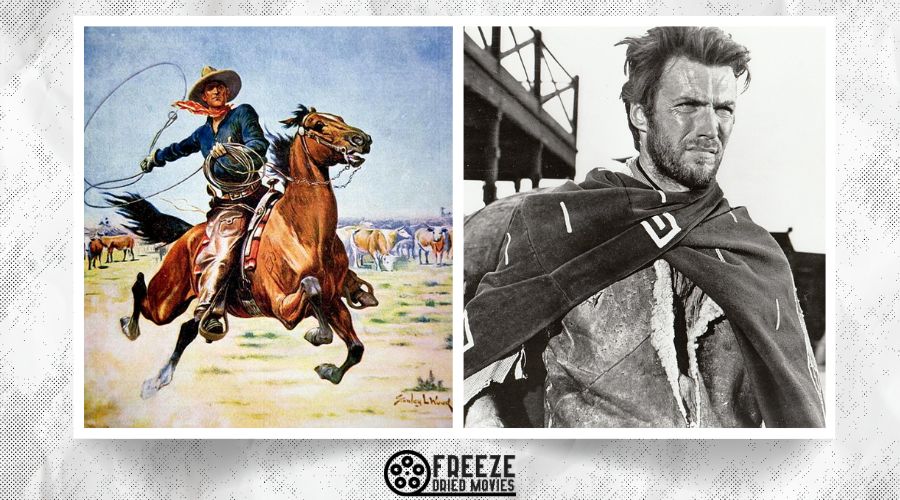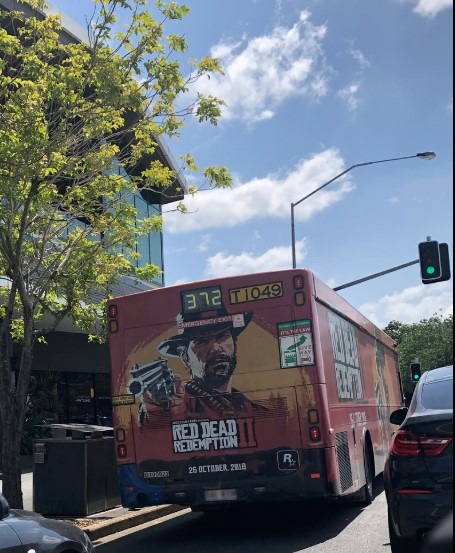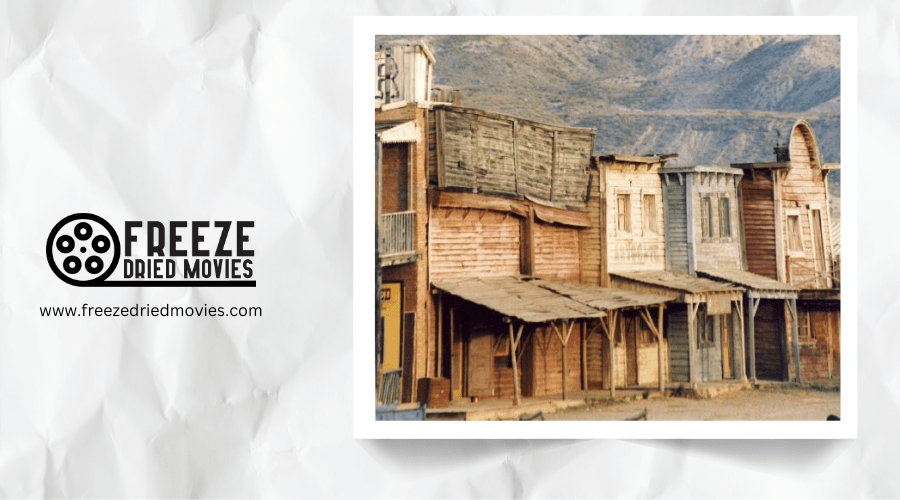Spaghetti Western Influence on Video Games: From Red Dead to Indies

You've likely noticed how modern frontier games like Red Dead Redemption 2 don't shy away from the grim realities of the West. That's no accident. The DNA of Italian spaghetti westerns—with their morally ambiguous antiheroes and unflinching brutality—runs deep in today's digital landscapes. From Rockstar's sprawling epics to indie gems like West of Dead, these games trade Hollywood's romanticized frontier myths for something darker and more honest. But what exactly makes this cinematic influence so powerful in interactive storytelling?

The Bleak Aesthetics: From The Great Silence to Red Dead Redemption
While many western-themed video games draw inspiration from Hollywood classics, it's the grimmer, more nihilistic world of spaghetti westerns that truly shaped modern gaming's frontier landscapes.
You'll find this influence most evident in Rockstar's Red Dead Redemption 2, whose snow-covered mountains and moral ambiguity directly echo Sergio Corbucci's 1968 masterpiece, The Great Silence. Unlike Sergio Leone's sun-baked deserts, Corbucci's bleak winter setting creates an environment where survival itself becomes the narrative.
This aesthetic choice isn't merely visual—it fundamentally transforms how you experience these open-world games. The harsh landscapes mirror characters' inner struggles, subverting romanticized frontier myths. When you trudge through the snow in Red Dead, you're walking in the footsteps of Corbucci's revisionist vision. Just as the Dollars Trilogy revolutionized visual storytelling through minimalist approaches and moral ambiguity, these games employ similar techniques to immerse players in complex frontier narratives.

Morally Complex Protagonists: Subverting Western Hero Archetypes
Arthur Morgan in Red Dead Redemption 2 exemplifies this approach—he's no Cassidy and the Sundance Kid-style romanticized outlaw but a flawed man questioning his violent path. Indie titles like Gun and Red Dead Revolver similarly present protagonists driven by revenge and self-preservation rather than nobility.
These games resurrect the Old West not as a simplified moral battleground but as the messy, ethically ambiguous frontier that Modern Western cinema and Spaghetti Westerns portrayed so effectively. The games draw inspiration from the moral complexity storytelling techniques pioneered in 1950s Westerns, which presented multi-dimensional characters facing ethical dilemmas that reflected the complexities of human behavior.
Death and Consequence: Embracing Corbucci's Uncompromising Endings
Unlike Hollywood's sanitized westerns where heroes inevitably triumph, Sergio Corbucci's spaghetti westerns confronted viewers with harsh realities through their uncompromising endings. While classic Western tales typically show outlaws getting their just deserts, Corbucci boldly takes place in a moral gray zone where even righteous protagonists fall to superior gang members.
This fatalism has profoundly shaped modern western games. Red Dead Redemption 2, centering on one big outlaw gang's downfall, delivers a Corbucci-esque punch when Arthur Morgan meets his inevitable fate. Unlike Sergio Leone's more optimistic works, Corbucci's influence encourages western game developers to embrace player death as meaningful rather than frustrating.
Today's indie studios particularly draw from this tradition, creating Western stories where your choices have permanent, often tragic consequences – a far cry from the guaranteed heroism of traditional western movies. Films like 3:10 to Yuma helped pioneer this evolution of moral complexity in Westerns, challenging the conventional hero archetype through compelling ethical dilemmas.
Beyond Red Dead: Spaghetti Western Influences in Indie Game Design
Although Red Dead Redemption dominates mainstream western gaming, indie developers have carved out their own dusty trails inspired by spaghetti western aesthetics. Games like West of Dead deconstruct traditional tropes, embracing the moral complexity and gritty themes that defined films by Leone and his contemporaries.
Bizarre West exemplifies the revisionist western approach, utilizing surreal, dreamlike imagery to challenge frontier mythology.
Meanwhile, studios like Clockwork Empires blend western elements with sci-fi to create subversive hybrid genres that question conventional western narratives.
The antihero protagonist archetype thrives in Shadows of Kurgansk, where bleak landscapes frame an unforgiving survival experience. Indie designers have found particular resonance in exploring frontier justice's ambiguities, as Desperados III demonstrates through its nuanced portrayal of morality in the lawless West.
Soundscapes of the Frontier: The Legacy of Morricone in Gaming
Ennio Morricone's revolutionary compositions transformed the sonic landscape of cinema's Wild West long before video games existed, yet his influence now permeates virtually every digital frontier. When you play games like Red Dead, you're experiencing the Spaghetti Western genre through your ears as much as your eyes.
The haunting ocarina and electric guitar twang that defined Morricone's Dollars Trilogy now underpin your bounty hunters' pursuits across digital prairies. "The Ecstasy of Gold" and similar compositions evoke the same emotional resonance that made Clint Eastwood's characters iconic.
From AAA titles depicting the end of the West to indie gems reminiscent of The Assassination of Jesse James, developers consistently channel Morricone's melancholic, tension-filled arrangements to substantiate their digital western experiences. His musical legacy underpins every game-rendered sunset with the appropriate emotional weight.
Rhain, Red Dead Redemption 2 bus advertisement – Brisbane, Queensland, CC BY-SA 4.0
Gage Skidmore, Roger Clark by Gage Skidmore 4 (cropped), CC BY-SA 2.0



